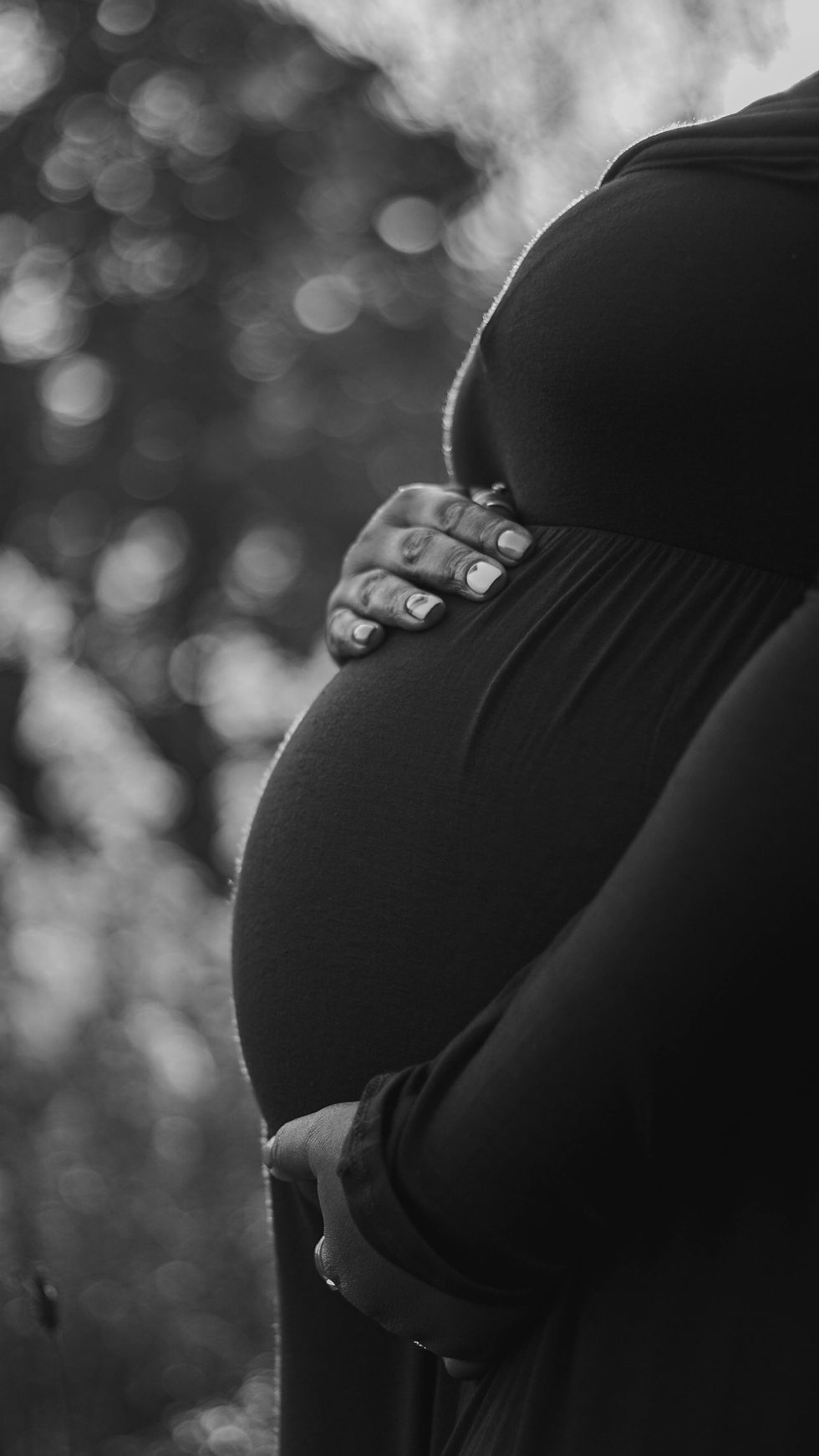Epidemiology
· SARS-CoV-2-Specific Antibodies in Breast Milk After COVID-19 Vaccination of Breastfeeding Women: A prospective cohort study conducted by researchers in Israel including 84 breastfeeding women who received 2 doses of the Pfizer-BioNTech vaccine between December 23, 2020 and January 15, 2021 found positive levels of anti-SARS-CoV-2-specific IgA antibodies (ABs) in breast milk in 61.8% of samples 2 weeks after the first dose, 86.1% after 4 weeks, and 65.7% after 6 weeks as well as anti-SARS-CoV-2-specific IgG ABs in 91.7% at week 5 and 97% in weeks 5-6. There were no serious adverse events reported during the study period but 47 (55.9%) and 52 (61.9%) reported vaccine-related adverse events after the first and second dose, respectively. These findings suggest the antibodies found in breast milk showed strong neutralizing effects and potentially provide a protective effect in infants as protection against SARS-CoV-2 infection.

· Adverse pregnancy outcomes, maternal complications, and severe illness among U.S. delivery hospitalizations with and without a COVID-19 diagnosis: A multi-center retrospective cohort study conducted by researchers from the CDC COVID-19 Response Team and United States Public Health Service Corps investigated 489,471 pregnant patients who delivered at 703 hospitals between March and September 2020. 6,550 of those patients had confirmed COVID-19, which was associated with increased risk for severe adverse outcomes including ARDS, death, and sepsis, as well as preterm labor with preterm delivery, and longer hospitalization time. These findings signify the importance of implementation of mitigation strategies, counseling, and clinical attention to lessen the risk of SARS-CoV-2 infection for pregnant women given the increased risk for adverse events.
Transmission & Prevention
· Safety, Immunogenicity, and Efficacy of the BNT162b2 Covid-19 Vaccine in Adolescents: A research team from Cincinnati Children's Hospital (OH), Kaiser Permanente Vaccine Study Center (CA), and the California Research Foundation, San Diego (CA) funded by BioNTech and Pfizer used a multinational, placebo-controlled, observer-blinded trial of 30 μg of BNT162b2 delivered in two doses to determine immunogenicity in 12-to-15-year-old participants. 1131 received BNT162b2, and 1129 received placebo; there were no vaccine-related serious adverse events and few overall severe adverse events. Noninferiority of the immune response to BNT162b2 in 12-to-15-year-old participants as compared with that in 16-to-25-year-old participants was determined by measuring neutralizing titers after dose 2. The observed vaccine efficacy was 100% (95% CI, 75.3 to 100), and no COVID-19 cases with an onset of 7 or more days after dose 2 were noted among BNT162b2 recipients (who did not have previous infection), while 16 cases occurred in placebo recipients. Overall, BNT162b2 vaccine in 12-to-15-year-olds produced a greater immune response than in young adults and was shown to be both safe and highly effective.
R&D: Diagnosis & Treatments
· Corticosteroid therapy for COVID-19: A systematic review and meta-analysis of randomized controlled trials: A systematic review and meta-analysis conducted by researchers in United States and India included 8 randomized-controlled studies conducted through March 10, 2021 with 7,737 patients, 2795 (36.1%) who received corticosteroids along with the standard of care (SOC) for treatment of moderate and severe-critical COVID-19 infection. The odds of mortality were significantly lower in patients who received corticosteroids compared to SOC (OR 0.85), and odds for need of mechanical ventilation were reduced with corticosteroids compared to SOC (OR 0.7), suggesting beneficial effects of corticosteroid treatment in moderate to severe COVID-19 infection.
· Interim Results of a Phase 1-2a Trial of Ad26.COV2.S Covid-19 Vaccine: An international team of researchers shared interim results from a Phase 1-2a clinical trial on the efficacy of the Ad26.COV2.S candidate vaccine, a replication-incompetent adenovirus vector encoding a SARS-CoV-2 spike (S) protein, in 403 individuals aged 15-55 (cohort 1) and 402 individuals aged >65 (cohort 3). Both cohorts received a high or low dose of the vaccine in a single-dose or two-dose schedule 56 days apart. The most common adverse reactions included fever, fatigue, headache, myalgia, and injection-site pain, which were more commonly reported in cohort 1 and in those who received the low dose. Neutralizing antibody titers against wild-type SARS-CoV-2 were present in more than 90% of participants on day 29 after the first dose, and a second dose increased titer by a factor of 2.6–2.9. These findings suggest that the Ad26.COV2.S vaccine is safe and effective in both younger and older adults with minimal side effects.
· Methylprednisolone as Adjunctive Therapy for Patients Hospitalized With Coronavirus Disease 2019 (COVID-19; Metcovid): A Randomized, Double-blind, Phase IIb, Placebo-controlled Trial: Brazilian researchers conducted a randomized, double-blinded, placebo-controlled, Phase 2b trial between April 18 and June 16, 2020 to assess the efficacy of methylprednisolone (MP) in treating hospitalized COVID-19 patients. They performed modified intention to treat (mITT) analysis of 393 participants (194 in MP and 199 in placebo group) and found no significant difference in the primary outcome (28 day mortality) and secondary outcomes between the two groups. Post hoc analysis revealed lower 28 day mortality in ages over 60 in the MP group. Authors conclude that methylprednisolone did not lower mortality in hospitalized COVID-19 patients.

Comments